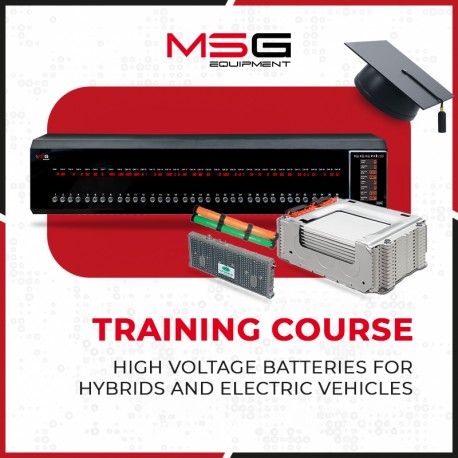- Home
- Equipment
- Equipment for diagnostics of starters and alternators
- Equipment for diagnostics of automotive air conditioning system
- Equipment for diagnostics of electric power steering (EPS) unit
- Equipment for diagnostics of power steering unit
- Equipment for diagnostics of brake calipers
- Equipment for diagnostics of shock absorbers
- Equipment for particulate filter flushing
- Equipment for diagnostics of electric vehicles
- Special tools
- Components
- Turnkey business
- Training
- FAQ
- Blog
- News
- Our story
- Location
- Equipment
- Equipment for diagnostics of starters and alternators
- Equipment for diagnostics of automotive air conditioning system
- Equipment for diagnostics of electric power steering (EPS) unit
- Equipment for diagnostics of power steering unit
- Equipment for diagnostics of brake calipers
- Equipment for diagnostics of shock absorbers
- Equipment for particulate filter flushing
- Equipment for diagnostics of electric vehicles
- Special tools
- Components
- Turnkey business
- Training
- FAQ
- Blog
- News
- Our story
- Location
Training
- Equipment
- Equipment for diagnostics of starters and alternators
- Equipment for diagnostics of automotive air conditioning system
- Equipment for diagnostics of electric power steering (EPS) unit
- Equipment for diagnostics of power steering unit
- Equipment for diagnostics of brake calipers
- Equipment for diagnostics of shock absorbers
- Equipment for particulate filter flushing
- Equipment for diagnostics of electric vehicles
- Power steering rack shafts
- Popular
- Special tools
- Power steering pump rotors
- Turnkey business
- Training
- Components
- Electric power steering pump boards
- Equipment spare parts
- Tools for Repair of Power Steering
- Alternators and starters
- Set of tools for repair of starters and alternators for sale in Great Britain
- Set of tools for repair of starters and alternators for sale in Canada
- Set of tools for repair of starters and alternators for sale in the USA
- A set of tools for repairing starters and alternators for sale in Australia
- A set of tools for repairing starters and alternators for sale in South Africa
- Repair kit for starters and alternators for sale in Portugal
- Set of tools for repair of starters and alternators in Spain
- Set of tools for repair of starters and alternators in Brazil
- Steering system
- Tool for repair of power steering system for sale in Canada
- Power steering repair tools for sale in USA
- Power steering repair tool for sale in Great Britain
- Power steering repair tool for sale in South Africa
- Power steering repair tool for sale in Australia
- Tools for power steering for sale in Portugal
- Tools for power steering for sale in Spain
- Tools for power steering repair for sale in Brazil
- Alternators and starters
- Spanish
Online course "Diagnosis and Repair of High-Voltage Batteries for Hybrids and Electric Cars"
Online course "Diagnosis and Repair of High-Voltage Batteries for Hybrids and Electric Cars"
Online course "Diagnosis and Repair of High-Voltage Batteries for Hybrids and Electric Cars"
This online course is designed for 2 days and thoroughly covers the specifics of diagnosing and repairing high-voltage batteries for hybrid and electric vehicles.
During the battery diagnosis training, the following topics are covered:
Basics of Electrical Engineering. Understanding the principles of electrical engineering is necessary for diagnosing high-voltage battery systems.
Battery Structure and Chemistry. Knowledge about the differences in chemical compositions of batteries, such as lithium-ion (NCM, NCA, LFP) and nickel-metal hydride, is essential for accurate diagnosis and assessment of remaining capacity.
Safety Protocols. Working with high-voltage batteries involves certain health risks, so technical specialists must be familiar with safety protocols.
Diagnostic Tools. Battery condition assessment and identification of potential issues are demonstrated using the example of Toyota Prius and Hyundai Tucson 2 batteries with the MS800 tester.
Data Analysis. You will learn to interpret the data obtained from the MS800 tester to identify deviations and make informed decisions based on collected information.
If you want to learn how to diagnose and repair high-voltage batteries for hybrid and electric vehicles, then this online course will assist you in achieving that.




